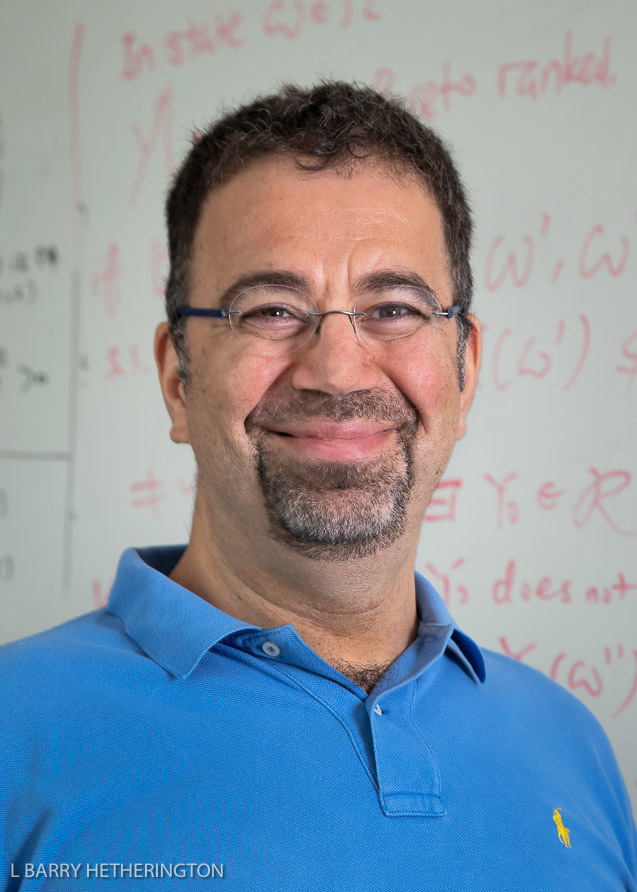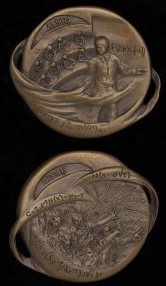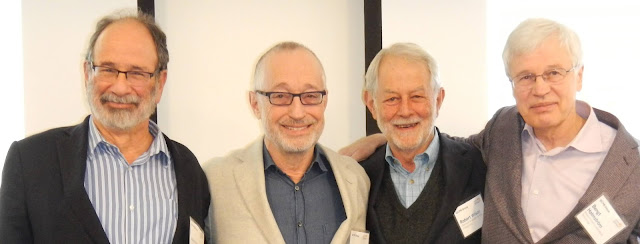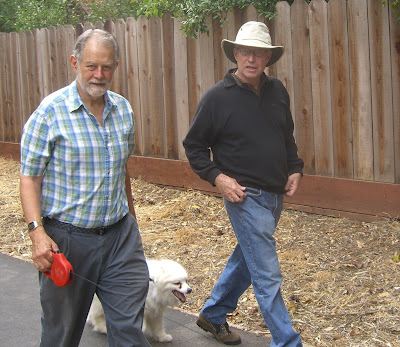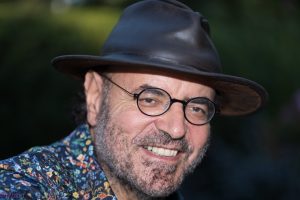In 1974, the year I received my Ph.D. from Stanford's (then) Department of Operations Research, it was unclear in what discipline game theory would best thrive. As disciplinary boundaries shifted, I found that I was an economist. But I've kept open my professional ties to OR, and indeed I think of market design as the engineering part of game theory, and very concerned with the operational detail of markets and marketplaces. So I was glad to accept an offer to compose a lecture on this for an OR audience, since market design is now a multi-disciplinary field that draws many students of operations.
Here's an announcement that includes the following:
Philip McCord Morse Lectureship Award
The Lectureship is awarded in honor of Philip McCord Morse in recognition of his pioneer contribution to the field of operations research and the management sciences. The award is given in odd-numbered years at the Annual Meeting if there is a suitable recipient. The term of the lectureship is two years. The award is $2,000, a certificate, a travel fund of $5,000, a copy of Morse's autobiography, In at the Beginnings: A Physicist's Life, and a copy of Morse and Kimball's Methods of Operations Research. Learn more about the Philip McCord Morse Lectureship Award and how to be nominated on the INFORMS website.
This year, the lectureship is awarded to:

Alvin E. Roth, Stanford University
Who exemplifies the true spirit of Professor Morse and who, like Morse, has been an outstanding spokesperson for the operations research profession in operations research tools and ideas in designing efficient markets for a range of applications. This award is given by the Institute for Operations Research and the Management Sciences in honor of Philip McCord Morse, in recognition of Professor Morse's pioneering contributions to the field of operations research and of his devoted service to the field's professional societies.
***********
See also

